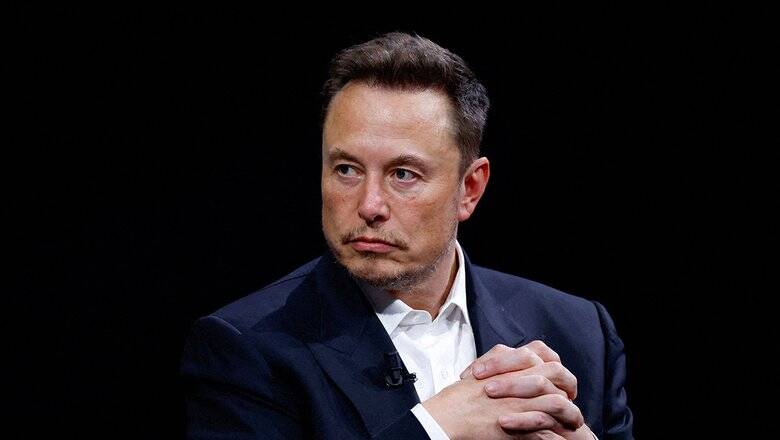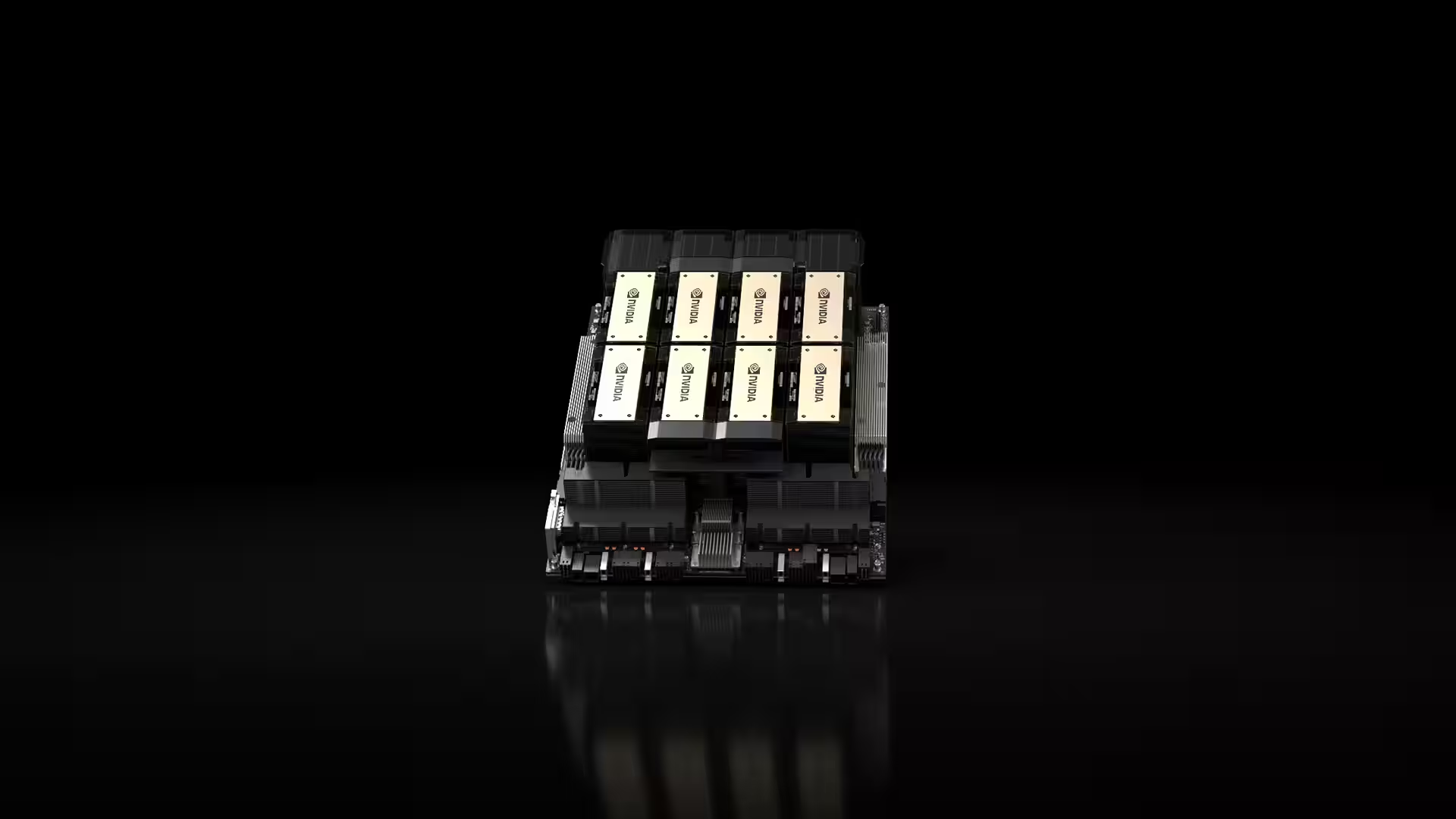TSMC to expand chip production in Europe: new plant in Germany

Taiwan-based TSMC Corporation, one of the world’s largest semiconductor manufacturers, plans to further expand its presence in Europe. In a major step, the company is building its first fab in Germany, which will begin operations in 2027. The project, supported by the German government under the EU Chips Act subsidy program, could be a major achievement for the European semiconductor industry.
TSMC’s Dresden plant: first step to strengthen EU market position
In August 2023, TSMC began construction of a new €10 billion plant in Dresden, Germany. The plant will be the company’s first facility in Europe and will specialize in the production of semiconductors for automotive and industrial applications. The project is being carried out in cooperation with NXP of the Netherlands, as well as German partners Bosch and Infineon.
The German government will provide significant financial support for this project with €5 billion in state aid under the European Chips Act program. This plant will be an important element in strengthening the EU’s position in the semiconductor market, especially in the automotive and industrial segments, where Europe already has a strong position thanks to companies such as NXP and Infineon.
Planned production expansion in Europe
According to Taiwan’s Minister of the National Science and Technology Council, Wu Cheng-wen, TSMC is already drawing up plans to further expand production in Europe. He said in an interview with Bloomberg that the company plans to build several new plants targeting different market sectors. As Wu noted, the expansion of production could involve Germany as well as other countries in Europe, depending on the company’s market strategy. He also added that the Taiwanese government will support the establishment of joint research projects to continue developing new technologies.
He added that the Taiwanese government will support the establishment of joint research projects to continue developing new technologies.
Impact on Europe’s semiconductor industry
The European semiconductor market currently accounts for about 10% of global production. The EU’s position is particularly strong in chip production for the automotive and industrial sectors. However, in advanced semiconductors, such as those used in artificial intelligence (AI) and high-performance computing (HPC), Europe lags behind.
European semiconductor market is currently about 10% of the world’s semiconductor production.
TSMC’s new plant in Dresden, which plans to reach annual production of 480,000 silicon wafers by 2029, will have a significant impact on these industries. However, despite the growth prospects, Europe still needs foreign capital and technology to close the gap in more advanced chip production.
The new TSMC Dresden plant will have a significant impact on these industries.
The shortage of advanced chips and TSMC’s role in the development of AI technologies
A major gap in the European semiconductor industry is a lack of manufacturing capacity for advanced chips used in technologies such as artificial intelligence and high-performance computing. Intel is also planning to launch its large €30 billion plant in Germany, which could help close the gap, but it is not expected to be up and running until 2028.
At the same time, Intel is also planning to launch a large plant in Germany that could help close the gap, but it is not expected to be up and running until 2028.
TSMC, with its possible expansion plans in Europe, could play an important role in filling that gap. As Wu Cheng-wen noted, the most important sector for TSMC’s further expansion is the artificial intelligence market, where demand for advanced chips is growing rapidly.
TSMC’s expansion in Europe could help fill this gap.
Challenges and prospects
Although TSMC is focused on its current global projects, further expansion of production in Europe represents an important opportunity for the EU. Increasing the number of fabs and strengthening cooperation with European companies can help Europe strengthen its position in the global semiconductor market and become more competitive in producing advanced technologies.
In a statement to Bloomberg, however, TSMC said it has no new investment plans at this time and its focus is on its existing global expansion projects.
TSMC’s planned expansion in Europe, especially into chips for AI and HPC, could be crucial to the EU’s future success in the global semiconductor market. However, for this to happen, the EU needs to continue to attract foreign investment and develop strategic partnerships with leading players in the industry.
TSMC’s expansion in Europe, especially in AI and HPC chips, could be a crucial factor in the EU’s future success in the global semiconductor market.








